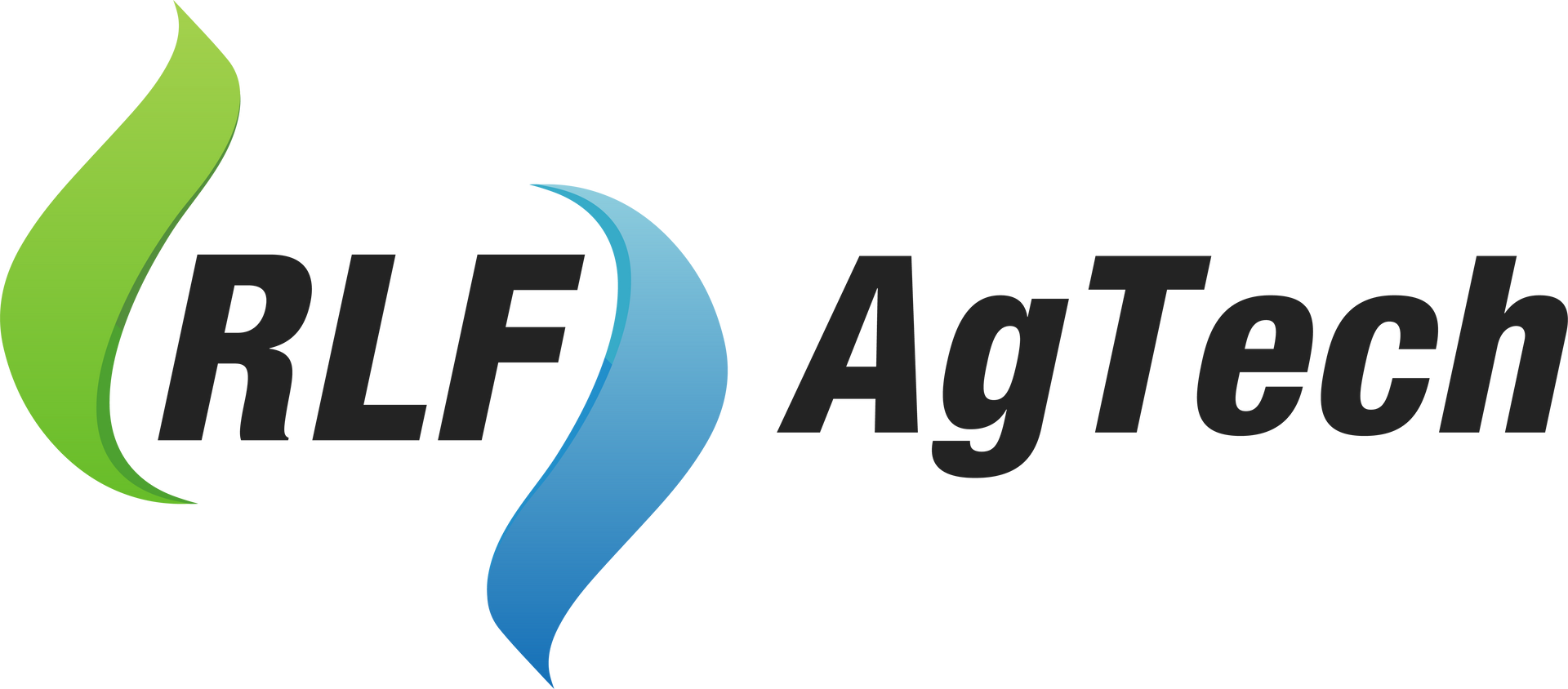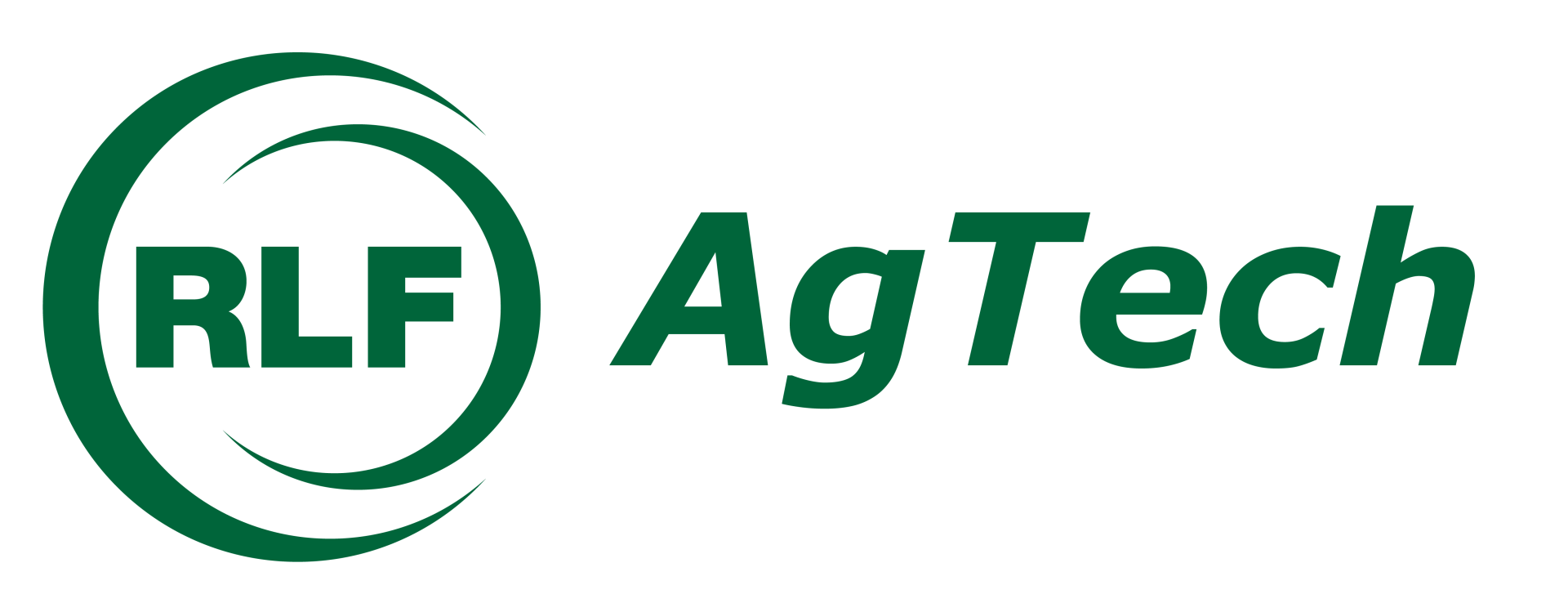AGRICULTURE, FERTILISER AND SUSTAINABILITY
Agriculture and sustainable farming practices are critical areas of research for the future of humanity – after all, everyone needs to eat. The complex relationship between agriculture and climate change is becoming even more pronounced, with the pandemic and recent geopolitical instability serving to highlight the fragility of our global food system.
Agriculture has a significant impact on the environment, accounting for around 70 per cent of freshwater consumption and 30 per cent of greenhouse gas emissions. 1
Unless global population growth stops, or most people change their diets, the world can only feed its growing population by either intensifying agriculture or by clearing more natural eco systems, such as rain forests, for agricultural production.
Intensification, increasing the yield of food per hectare of land, requires the nutrients removed from the soil to be replaced to maintain sustainable land use; if nutrients are not replaced soils will become unproductive, ground cover will be reduced, and the risks of erosion and desertification increases.
Applied nutrients can also cause environmental problems if there are losses to water systems or to the atmosphere. In the past, the indiscriminate use of chemical fertilisers in agricultural production systems had an adverse impact on natural ecosystems and soil health.
In order to increase agricultural intensity without causing damage to the environment an alternative is required; one that can boost farm productivity while prioritising environmental sustainability.
The role of AgTech
In some ways, today’s food system resembles the energy sector from a decade ago. It provides vital inputs for human survival – but does so with some important negative side effects.
There are significant opportunities for agtech to revolutionise the way we grow food, leveraging technology to create more efficient methods of farming. For example, the development of innovative plant nutrition products which facilitate the maximisation of yield and improvement in soil health.
In recent years, innovative plant nutrition products have become increasingly important in agricultural farming as farmers’ focus has shifted towards fertiliser-use efficiency and farm productivity.
It is estimated that at least 30 to 50% of crop yield is attributable to commercial fertiliser nutrient inputs.2 In light of this, innovation, and improvements to the efficacy of these fertiliser nutrients has the potential to really move the dial in respect to food security and the global food system.
RLF Agtech’s plant nutrition products are based on a proprietary technology called Plant Proton Delivery Technology (PPDT). PPDT uses a natural amino acid to deliver nutrients to plants in a way that is more efficient and effective than just using traditional fertiliser practices. Our PPDT Technology has been shown to improve crop yields, reduce the need for conventional soil applied fertiliser, improve the quality of produce and restore soil health.
The Agricultural Nutrients Market
The global agricultural micronutrients market size & share was valued at USD 4.03 billion in 2021 and is expected to reach USD 8.24 Billion by 2030, growing at a CAGR of 8.7% during the forecast period.3 This market is being driven by the growing population, increasing demand for food, increased necessity of micronutrients due to agricultural intensification as-well-as a global focus on sustainability.
To keep intensive agriculture productive while minimising negative environmental consequences, systematic action to restore natural resources is essential. In order to meet global demand in food production and provide healthy and safe food in the face of climate change, the agriculture industry must take measures toward meeting the nutritional needs of the human population while protecting the soil, water, and air required to produce nutritious food.
Climate change is the defining challenge of our generation—and companies around the world including RLF AgTech are stepping up to drive change in our respective industries. At RLF AgTech we are committed to developing sustainable agricultural solutions and are proud to be leading the charge.



